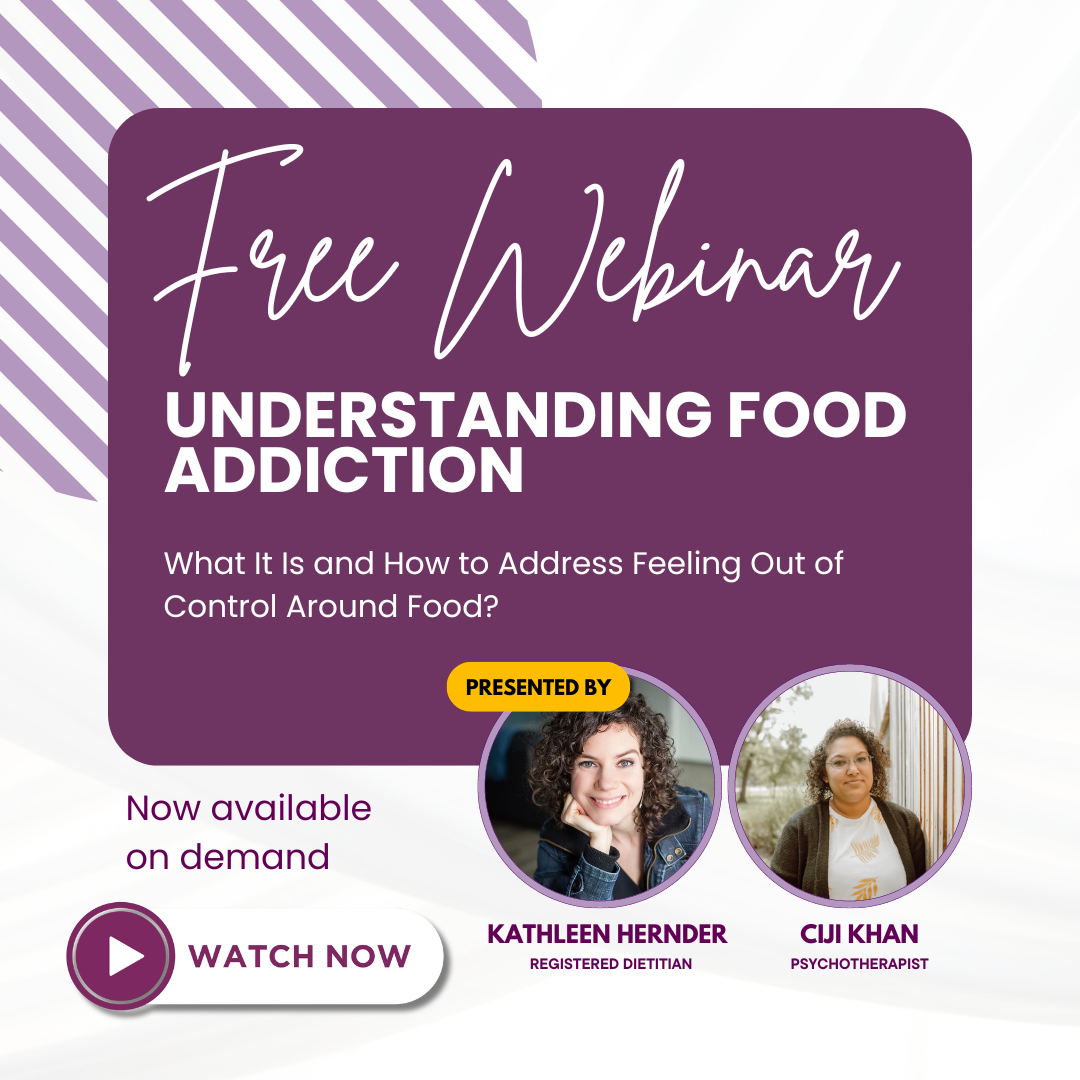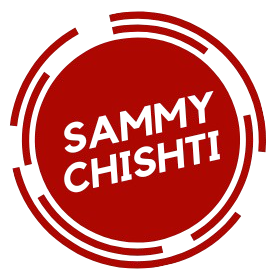Struggling with food addictions can feel overwhelming and isolating. But there’s hope! Therapy offers valuable tools and support to help you regain control. Whether you’re dealing with emotional eating, chronic dieting, or an insatiable urge to eat, therapy can be a game-changer. Here are four ways therapy can help.
Identifying and Addressing Emotional Triggers
Ever wondered why you reach for that tub of ice cream when you’re stressed? A therapist can help you explore and identify the emotional triggers that lead to eating past fullness or feeling out of control around food. By understanding the specific emotions, situations, or thoughts that drive these behaviors, you’ll be empowered to make healthier choices.
- Techniques Used:
- Cognitive-behavioral therapy (CBT) to reframe negative thoughts.
- Mindfulness Practices to increase awareness of emotional eating patterns.
- Journaling to process emotions.
For example, CBT is highly effective—it helps people see the connection between their thoughts, feelings, and behaviors.
Developing Emotional Regulation Skills
Managing intense emotions is tricky, especially when food becomes your go-to coping mechanism. A therapist can guide you in building emotional regulation skills, which are crucial for managing the intense emotions that often lead to overeating or feeling out of control around food.
- Techniques Used:
- Dialectical Behavior Therapy (DBT) to teach distress tolerance.
- Emotion Recognition to understand and manage emotions.
- Decision-making strategies aligned with long-term goals rather than immediate urges.
DBT, for instance, is proven effective in helping people tolerate distress without resorting to harmful behaviors.
Building Coping Strategies for Stress and Anxiety
Stress and anxiety are common triggers for turning to food for comfort. A therapist can equip you with additional coping strategies that don’t involve food.
- Techniques Used:
- Relaxation Techniques like deep breathing exercises, progressive muscle relaxation, or guided imagery.
- Stress-Management Tools like time management, setting healthy boundaries, or developing a self-care routine.
For instance, deep breathing exercises can reduce stress levels by activating the body’s relaxation response.
Improving Self-Esteem and Body Image
Many issues with food are tied to low self-esteem or poor body image. Struggling with food addictions often goes hand in hand with negative feelings about oneself. A therapist can help you improve your self-esteem and cultivate a more positive body image.
- Techniques Used:
- Exploring the roots of your self-esteem issues.
- Challenging harmful societal or cultural beliefs about body size and worth.
- Developing a compassionate and accepting view of yourself.
Ready to Take Control?
Therapy can be a powerful ally in your battle against food addiction. From identifying emotional triggers to developing coping strategies and improving self-esteem, therapy offers a comprehensive approach to tackling this complex issue. If you’re struggling with food addictions, it’s time to take the first step towards a healthier, happier you.
Book a 15-minute consult with one of our dietitians or therapists here:
https://alittlenutrition.janeapp.com/


Free Webinar
Understanding Food Addiction
In this webinar, we’ll dive deep into the complex relationship between food and the feeling of being out of control. You’ll gain insights into:
- Why Food Can Feel Addictive: Exploring the reasons behind intense food cravings and the sensation of being “addicted” to food.
- Food Addiction or Something Else?
- Understanding the difference between food addiction and other underlying issues that may contribute to feeling out of control.
- Our Approach to Support
- Discovering our philosophy on food cravings and “food noise.” Learn how our methods can help you regain control without dieting or restrictive practices.



